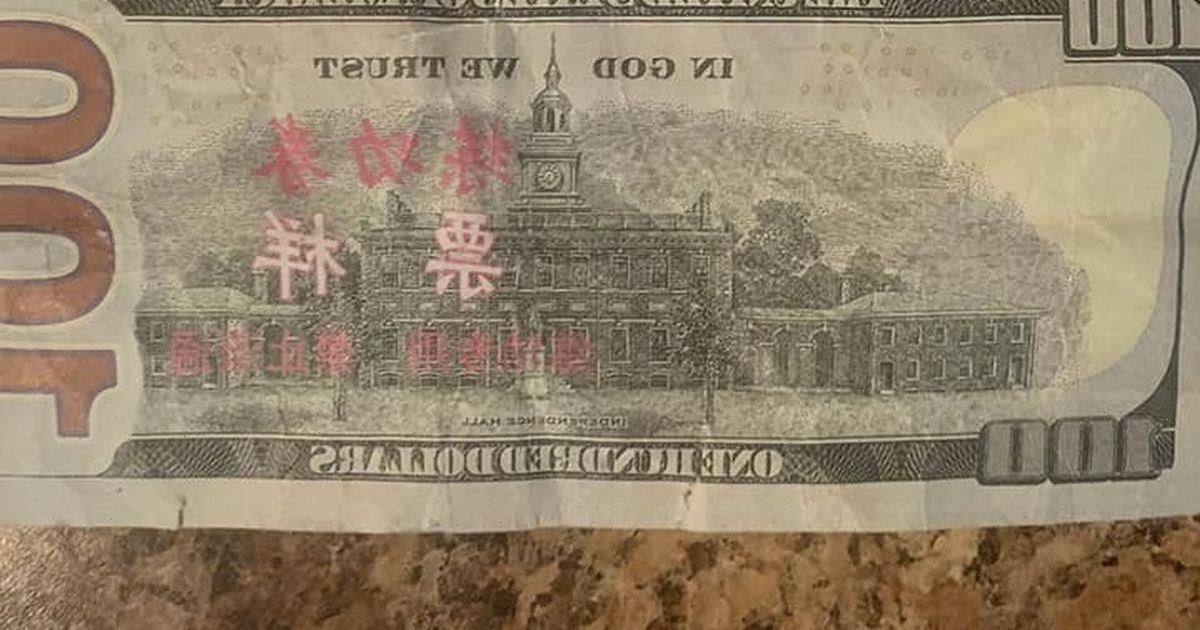Silicon Valley is known for attracting the world’s most ambitious young entrepreneurs. With accelerators like Y Combinator and access to the world’s top venture capitalists, it continues to dominate as the hub for technological innovation.
And so, when you think of a successful young entrepreneur, a few traits might come to mind: coder from an elite university, lives in San Francisco, raised millions from investors. This tale is so common that HBO made a sitcom about it.
But there are other stories of American entrepreneurship that sometimes slip under the radar. Here’s one about a kid from a small town in Georgia who started multiple companies before turning 20.
He can’t code. He didn’t go to college. And he doesn’t have a single investor.
This is the story of Deep Patel — the 22-year-old founder of one of the fastest-growing CBD brands.
An Entrepreneur From a Young Age
Deep Patel was raised in a middle-class family in Macon, Georgia, a small town with the third-highest level of concentrated poverty in the US. From a young age, he showed signs of being a business wunderkind. He spent his middle-school days flipping rare coins on eBay, making his first $2,000 by the time he was 12.
By 17, he had published his first book, A Paperboy’s Fable: The 11 Principles of Success. The book is a dramatized tale about a paperboy who uses simple principles to create his own business step-by-step. Success Magazine named it the “best business book” of 2016, and professors from Harvard and Princeton lauded its message for young entrepreneurs.
“It was inspired by my father’s childhood as a paperboy, and all of the stories he used to tell me about his first job when he moved to the U.S.,” says Patel. “And it was inspired by my own ambitions, too. In a way, it was fueled by a desire to figure out how to get to where I wanted to be.”
Patel’s book launch began catching the eyes of executives three times his age. Businesses like A.T. Kearney and Cellucor hired Patel to help them rethink their strategy to reach a young audience. Soon, his growing list of clients turned into a marketing consultancy for fast-growing startups and Fortune 500 brands.
It might be hard to imagine a 17-year-old kid in a New York City conference room strategizing the future of digital marketing with industry veterans. But Patel’s clients saw his youth and his ability to articulate the needs and desires of Generation Z as assets.
Serial Entrepreneurs Always Seek New Challenges
After years of running an agency, Patel wanted a new challenge. He was ready to leave behind client work and build a direct-to-consumer product. His experience consulting for dozens of multinational companies gave him unique insights into rising e-commerce trends, and he had a hunch about one industry in particular.
“I’d been using CBD to help me sleep for a few years,” says Patel. But as he did more research into the products on the market, he was horrified to learn that many companies mixed CBD with harmful chemicals.
“People were buying CBD by the millions, without knowing how trustworthy the supplier was,” he explains.
Then came Patel’s “a-ha” moment.
“What if I could take this product that is skyrocketing in popularity, and build a brand around it that you can actually trust? No harmful chemicals — just good, pure CBD.”
There was only one problem with his plan: He didn’t know the first thing about building a CBD supply chain. Patel knew his expertise with marketing and strategy wouldn’t be enough for such a complex endeavor. He found himself in need of a team of experienced operators, and the capital to hire them. Rather than turn to investors, however, Patel funded the company himself, using the profits from his marketing agency.
“Focusing on building a sustainable, profitable business model has always been my priority,” he explained, contrasting this model with Silicon Valley’s grow-at-all-costs culture.
It’s Time to Launch
After six months of preparation, the 20-year-old saw his dream come to fruition. In October 2019, Patel launched Penguin CBD, an e-commerce company specializing in upscale CBD products. Penguin can be seen as a Warby Parker−like brand for CBD, selling an assortment of flavored and unflavored oils, capsules, creams and gummies. Its branding is colorful and lively. The products arrive in a shiny cyan box with a small black Penguin printed in the corner. It looks like something you’d see in the aisles of Whole Foods.
Soon after launching, the rainbow-colored CBD bottles caught the attention of some of the world’s top health sites, including Healthline and Medical News Today.
According to Statista’s CBD Market Report of 2014−2022, CBD sales are expected to reach $1.8 billion in 2022, up from $500 million in 2018. CBD sales in the United States have grown about 1400 percent in the past seven years. While the demand for CBD is rapidly increasing, many consumers are uninformed about what’s in the CBD they’re buying. Some CBD brands even dodge questions about third-party lab tests. Patel set out to solve this issue by embracing transparency and publishing all lab tests on the Penguin website.
Most young people try to break into startups by working for one of the big-five tech companies in Silicon Valley. For Patel, that path wasn’t good enough. Instead, he saw an opportunity to start a company of his own, and he took it.
Skipping College for the Business
Patel originally planned to spend his post−high school days at the University of San Diego. But his plans were complicated when his company’s success meant he would receive no financial aid. As a result, he opted to drop out of college on the first day of class.
“It was hard to justify spending 250 thousand dollars to prepare for the real world,” said Patel, especially when he was already experiencing a fruitful career.
Had he chosen to pursue his college career, he would be graduating this month. Instead, he spent the past month finalizing a deal to sell a majority stake in Penguin to leading CBD gummy manufacturer Verma Farms. The companies didn’t respond when asked for the acquisition price, but they confirmed that it is an all-cash deal.
Source: Read Full Article


